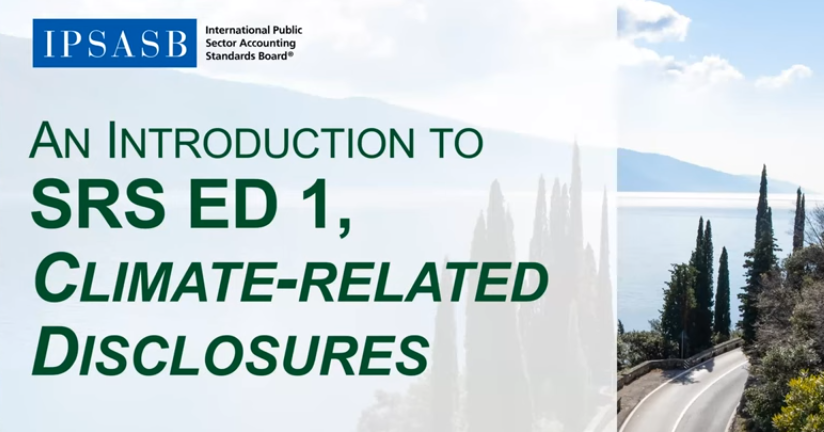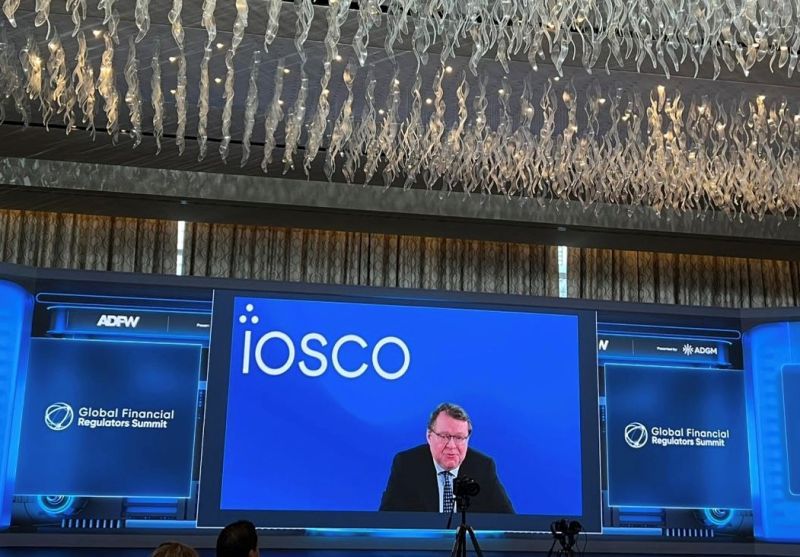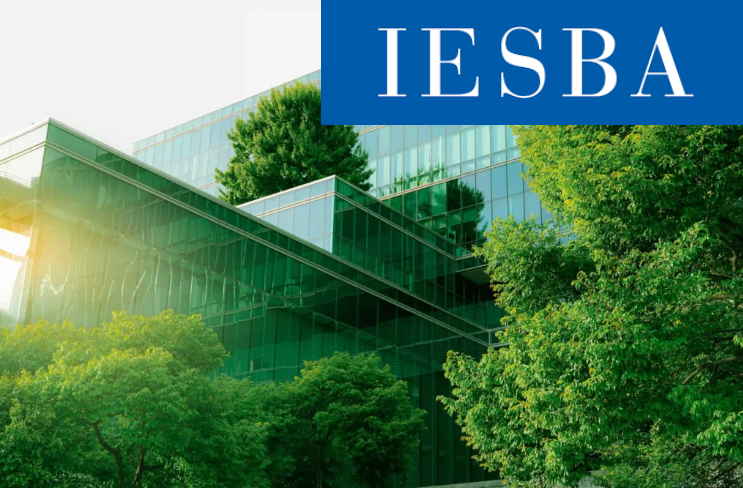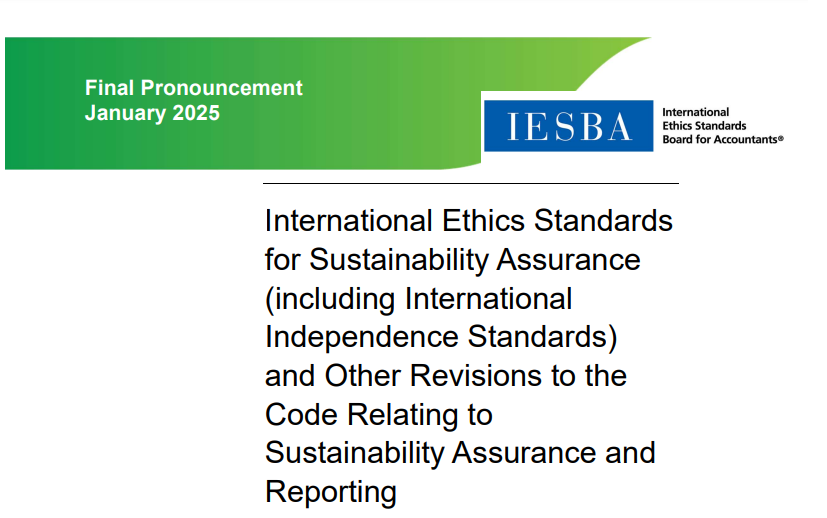PIOB Certifies IESBA Global Ethics and Sustainability Standards: A Comprehensive Overview
The Public Interest Oversight Board (PIOB) has officially certified the global sustainability reporting standards, aiming to bolster transparency and integrity in corporate disclosures. These guidelines provide a structured approach for businesses to ensure accuracy and reliability in their sustainability data.
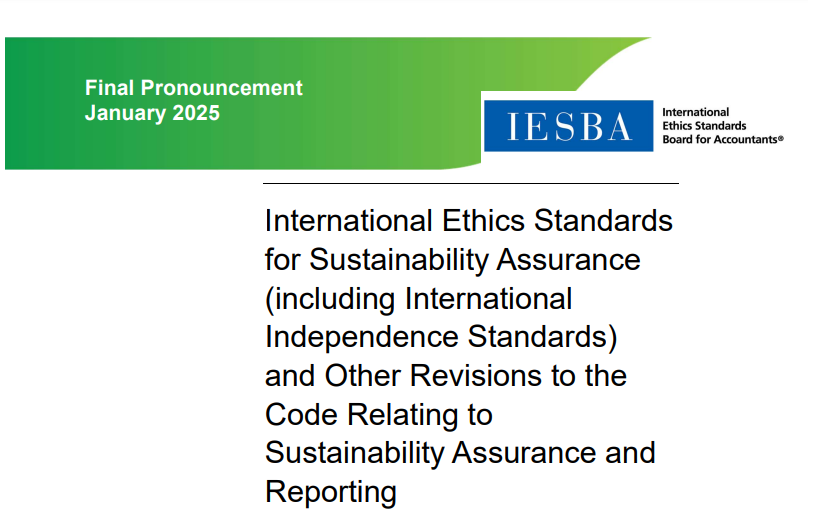
The Public Interest Oversight Board (PIOB) has officially endorsed the International Ethics Standards for Sustainability Assurance, developed by the International Ethics Standards Board for Accountants (IESBA). These standards aim to increase the transparency, reliability, and ethical integrity of sustainability reporting globally. They will be officially implemented on January 27, 2025, offering companies a global framework for consistent and trustworthy sustainability disclosures.
Key Features of the New Standards:
- International Ethics Standards for Sustainability Assurance (IESSA): Aimed at enhancing the credibility of sustainability commitments through solid ethical principles;
- Updated International Code of Ethics for Professional Accountants: Focuses on addressing greenwashing and ensuring the precision of sustainability reports;
- Integration with ISSA 5000 (International Standard on Sustainability Assurance): Establishes a unified global approach to data verification, simplifying sustainability reporting across borders;
- Transparency and Accountability: New guidelines mandate that organizations disclose full, objective information, ensuring stakeholders’ access to accurate data;
- Global Applicability: Based on leading global practices, these standards facilitate the universal adoption of consistent sustainability reporting for businesses worldwide.
Core Principles of the Standards
Sustainability assurance practitioners must continuously develop their technical, organizational, and interpersonal skills. Ongoing professional development is essential to stay informed about the evolving business and technological landscape, ensuring that practitioners can provide competent services in the sustainability domain. They must also ensure timely and thorough execution of tasks with full diligence.
Confidentiality
A critical part of the standards is the emphasis on confidentiality. Practitioners must protect confidential information obtained during their work, ensuring it is only disclosed under legal or authorized circumstances. This obligation extends even after professional relationships have ended, reinforcing trust between assurance providers and clients.
Professional Behavior and Public Trust
Practitioners are required to act ethically, maintaining public trust in sustainability disclosures. They must avoid conflicts of interest and refrain from making misleading claims about their qualifications or services, ensuring that their conduct does not compromise the integrity of sustainability information.
Conceptual Framework for Sustainability Assurance
The standards introduce a comprehensive conceptual framework that helps practitioners identify, evaluate, and address threats to ethical compliance. This framework is key in ensuring that sustainability reports are both accurate and ethically sound, meeting global standards of integrity.
Practitioners must be transparent about the limitations of their work, ensuring that clients are fully informed about the scope of the sustainability assurance engagement. Clear communication regarding the nature of the data and verification processes is essential for maintaining transparency.
Conclusion
The PIOB's certification of these updated standards marks a significant milestone in the effort to improve the credibility and consistency of sustainability reporting worldwide. By providing a robust ethical framework, the standards will help companies align their sustainability practices with international expectations, fostering greater trust and accountability in sustainability disclosures.
